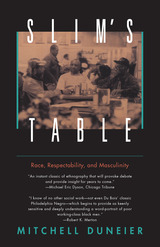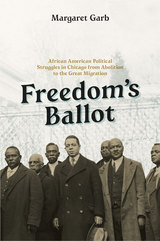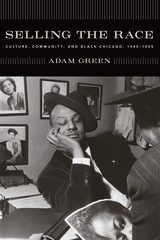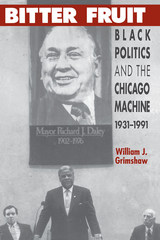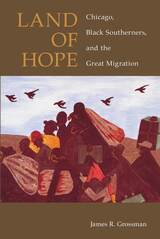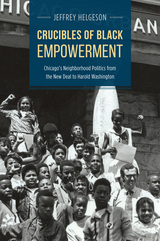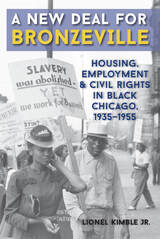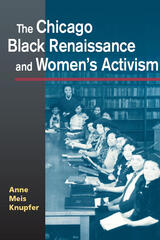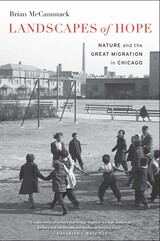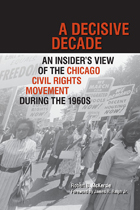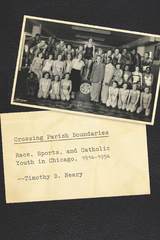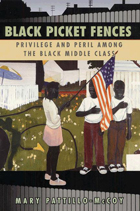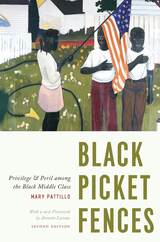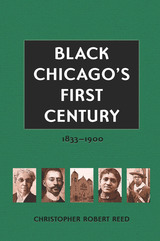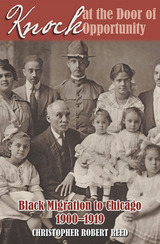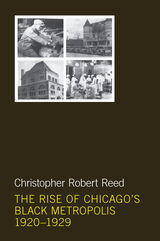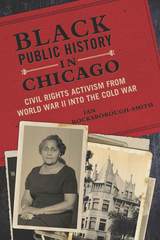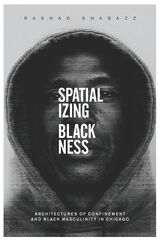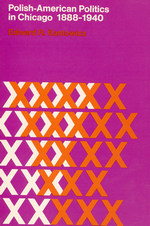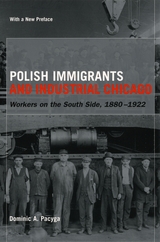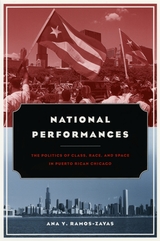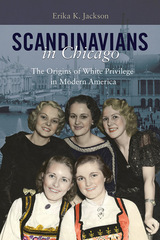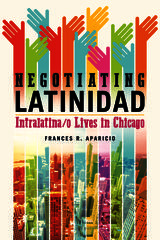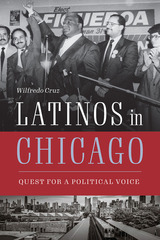Cloth: 978-0-674-62687-4
Library of Congress Classification F548.9.N4R35 1993
Dewey Decimal Classification 323.119607307731
After the triumphs of Montgomery and Selma, Martin Luther King, Jr., rallied his forces and headed north. The law was on his side, the nation seemed to be behind him, the crusade for civil rights was rapidly gathering momentum—and then, in Chicago, heartland of America, the movement stalled. What happened? This book is the first to give us the full story—a vivid account of how the Chicago Freedom Movement of 1965–1967 attempted to combat northern segregation. Northern Protest captures this new kind of campaign for civil rights at a fateful turning point, with effects that pulse through the nation’s race relations to the day.
Combating the outright, unconstitutional denial of basic political and civil rights had been King’s focus in the South. In the North, the racial terrain was different. James Ralph analyzes the shift in the planning stages—moving from addressing public constitutional rights to private-impact legal rights—as King and his Southern Christian Leadership Conference (SCLC) mounted an unprecedented attack on housing discrimination, one of the most blatant social and economic inequities of urban America. A crisis in the making is unfolded as King, the SCLC, and a coalition of multiracial Chicago civil rights groups mobilize protests against the city’s unfair housing practices. Ralph introduces us to Chicago’s white ethnics, city officials, and business and religious leaders in a heated confusion of responses. His vibrant account, based in part on many in-depth interviews with participants, reveals the true lineaments of urban America, with lessons reaching beyond the confines of the city. The Chicago Freedom Movement is given a national context—as King envisioned it, and as it finally played out. Here, the Chicago crusade becomes emblematic of the civil rights movement today and tomorrow. Ralph argues that this new push for equality in more private realms of American life actually undermined popular support for the movement and led to its ultimate decline.
See other books on: 1929-1968 | Civil Rights Movement | Civil rights movements | Discrimination in housing | Housing
See other titles from Harvard University Press

